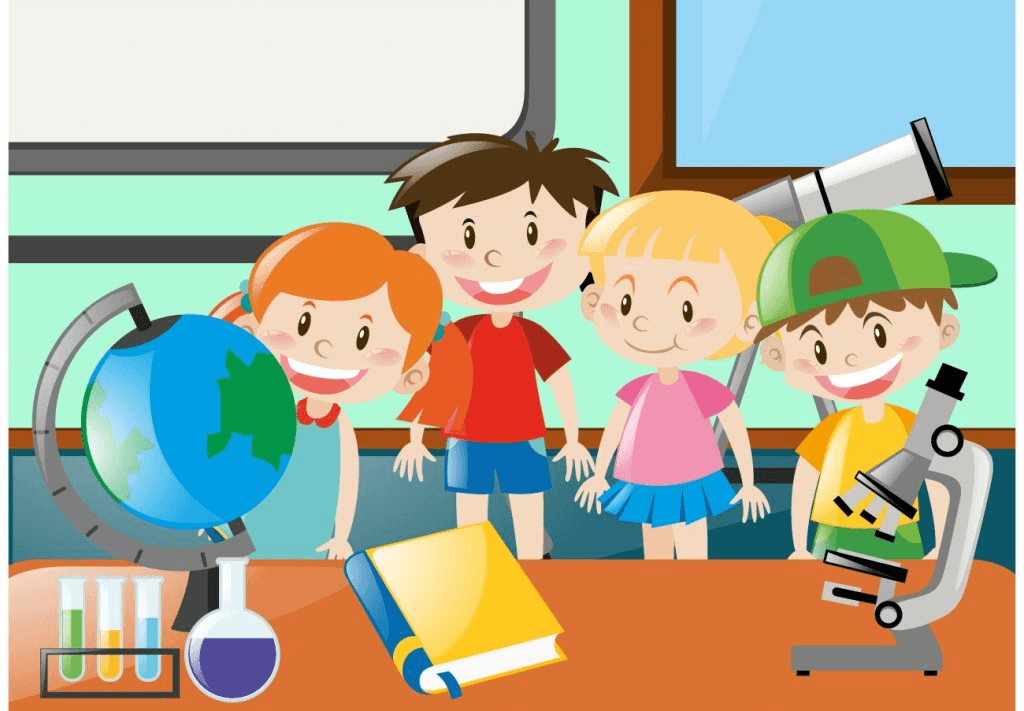How National Education Policy (NEP) Encourages Extracurricular Learning | SSRVM TRUST
Introduction
Education is no longer confined to textbooks and examinations. The National Education Policy (NEP) recognizes the importance of extracurricular learning in shaping well-rounded individuals. By integrating sports, arts, vocational skills, and experiential learning into mainstream education, NEP aims to develop students’ creativity, leadership, and problem-solving skills.
This article explores how NEP encourages extracurricular learning and why it is essential for the holistic development of students.
The National Education Policy (NEP) and Its Holistic Approach
What is the NEP?
The National Education Policy (NEP) is a comprehensive framework introduced by the Indian government to reform the education system. It focuses on holistic, flexible, and multidisciplinary learning, ensuring students are not just academically competent but also skilled in extracurricular activities.
Why is Holistic Learning Important?
Holistic education prepares students for real-world challenges by fostering skills such as critical thinking, teamwork, creativity, and communication. Unlike traditional rote learning, NEP emphasizes an education system that nurtures both cognitive and non-cognitive skills.
How NEP Encourages Extracurricular Learning
1. Integration of Arts, Music, and Sports in the Curriculum
One of the key highlights of NEP is that it mandates the inclusion of arts, music, and sports as core components of education rather than mere extracurricular activities. This means that:
- Music and performing arts will be incorporated into school curriculums to enhance creativity.
- Physical education and sports will be given equal importance as academic subjects, promoting fitness and teamwork.
- Craft and visual arts will be encouraged to develop students' artistic skills.
2. Emphasis on Skill-Based Learning
NEP promotes vocational training and skill development from an early stage. Students will be exposed to hands-on activities such as:
- Coding and robotics to prepare for the digital age.
- Handicrafts and traditional Indian art forms to preserve cultural heritage.
- Entrepreneurship and leadership training to develop business acumen.
This shift ensures that students graduate with practical knowledge and employable skills rather than just theoretical understanding.
3. Flexibility in Subject Choices
Under the NEP framework, students will have the freedom to choose subjects across streams. A student passionate about sports and science can now study both, breaking the rigid division between arts, commerce, and science. This interdisciplinary approach supports students’ diverse interests and talents.
4. Focus on Experiential and Project-Based Learning
Extracurricular learning is best supported by hands-on, project-based education.
NEP introduces:
- Internships and apprenticeships in high school to provide real-world exposure.
- Community projects to engage students in social work and leadership roles.
- Research-based learning to develop problem-solving abilities from a young age.
5. Technology-Driven Learning for Skill Enhancement
NEP leverages technology to make extracurricular learning more accessible through:
- Online music, dance, and art classes via digital platforms.
- E-learning portals for coding, gaming, and animation.
- Virtual reality (VR) and artificial intelligence (AI) in education to create interactive learning experiences.
By integrating technology, students can explore their interests beyond classroom boundaries.
Why Extracurricular Learning is Essential for Student Growth
1. Develops Social and Leadership Skills
Extracurricular activities such as debate clubs, drama, and sports teach students essential leadership and communication skills, making them confident individuals.
2. Encourages Creativity and Innovation
Students who engage in arts, music, and writing develop innovative thinking. NEP ensures that these creative fields are given equal importance in school education.
3. Improves Mental and Physical Well-Being
By encouraging sports and mindfulness activities such as yoga, NEP promotes mental and physical health among students.
4. Prepares Students for Career Success
Employers today value candidates with well-rounded skills, including teamwork, adaptability, and emotional intelligence—qualities that extracurricular activities help develop.
Conclusion
The National Education Policy (NEP) marks a significant shift towards holistic learning by encouraging extracurricular activities alongside academics. By integrating sports, arts, skill-based education, and experiential learning, NEP prepares students for a balanced, fulfilling, and successful future.
FAQs
1. How does NEP promote extracurricular learning?
Ans - NEP integrates arts, sports, and vocational skills into the curriculum, ensuring students receive a well-rounded education.
2. Can students choose extracurricular subjects under NEP?
Ans - Yes! NEP provides flexibility in subject choices, allowing students to pursue their interests alongside academics.
3. How does NEP support sports and physical education?
Ans - NEP mandates sports as a core subject, encouraging schools to incorporate fitness and athletics into daily learning.
4. What role does technology play in extracurricular learning under NEP?
Ans - NEP leverages digital platforms, VR, and AI to provide interactive and skill-based extracurricular education.
5. Does NEP focus on skill development for career readiness?
Ans - Yes, NEP emphasizes vocational training, coding, and entrepreneurship, preparing students for future career opportunities.

